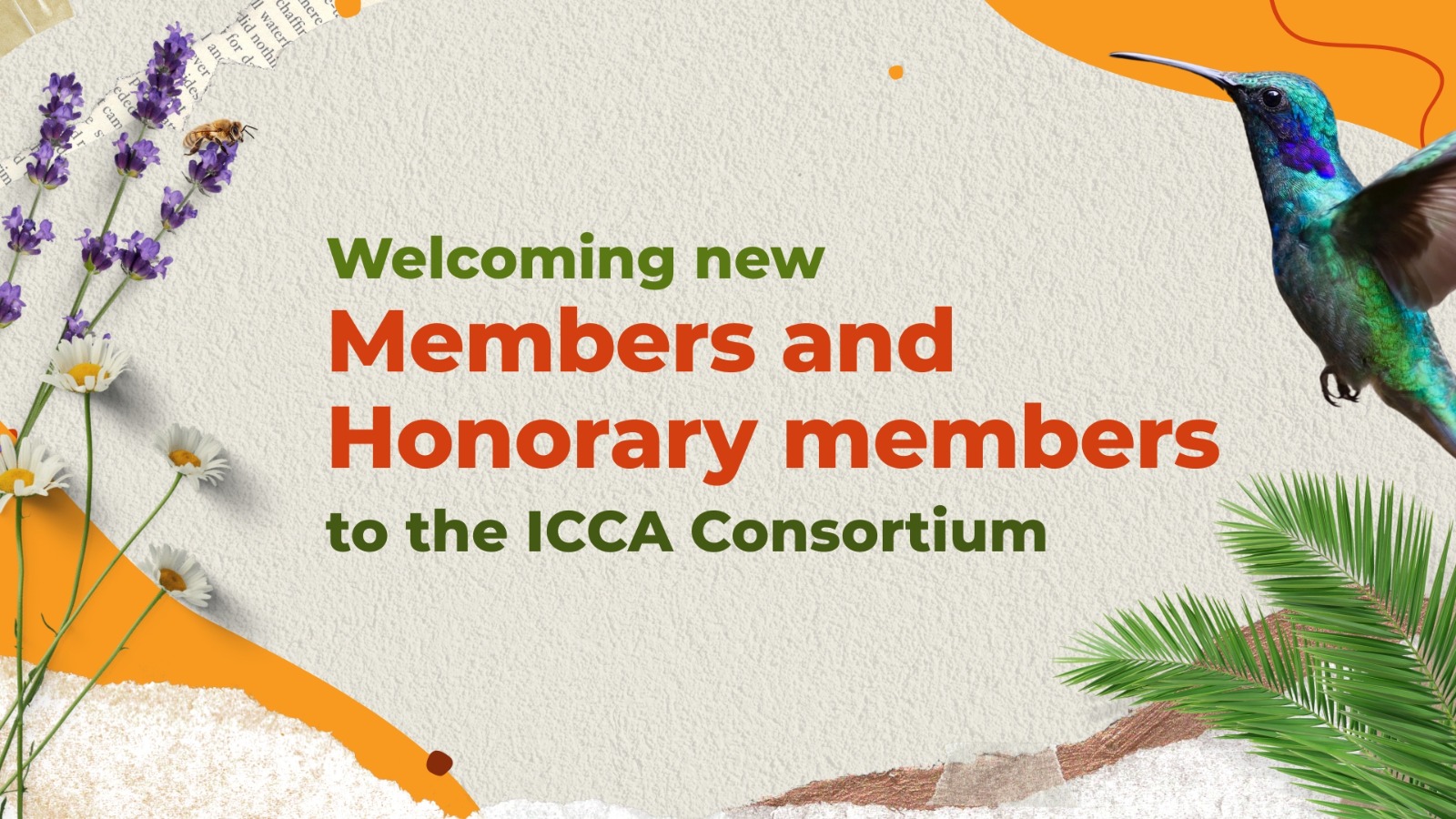The ICCA Consortium welcomes 27 new member organizations and five new honorary members
First published on 07/09/2025, and last updated on 12/22/2025
By ICCA Consortium Membership Committee
The ICCA Consortium Membership Committee is pleased to announce our newest members and honorary members.
The following organizations and individuals have joined the membership through the intake round in early 2025.
A total of 27 member applications from Argentina, Belize, Cameroon, Chile (3), Colombia (8), Honduras, India, Italy, Jordan, Kenya (2), Malaysia (3), Myanmar, Philippines, St. Lucia, and Tanzania.
LATIN AMERICA
Green Creek Farmer’s Cooperative (GCFC)
Country: Belize
Type: Community-based cooperative – local
Founded in 1982 by villagers of San Jose, an Indigenous Maya community in Belize’s Toledo District, the cooperative manages the 2,500-acre Ya’ax Ha’ Livelihood Area. This includes a vital watershed and an unexcavated Mayan archaeological site. Created initially to secure communal land access, GCFC now focuses on natural resource conservation and sustainable farming, particularly cacao agroforestry and traditional agriculture. By integrating Indigenous knowledge, the cooperative enhances food security, income, and biodiversity conservation, while promoting watershed protection and cultural continuity. Its efforts also prioritize gender inclusivity and community resilience in development.
Recommended by Global Diversity Foundation
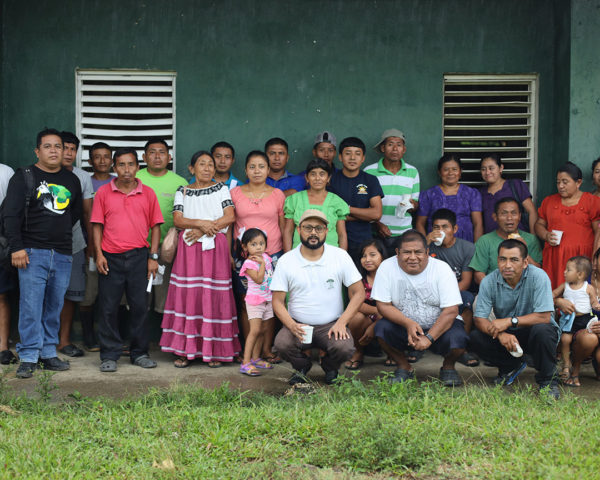
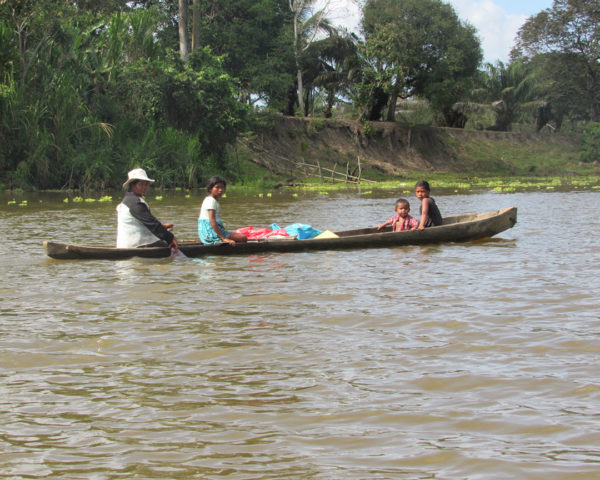
Instituto para el Futuro Común Amerindio (IFCA)
Country: Honduras
Type: Non-governmental development organization – local
Established in 2024, IFCA has advocated for Indigenous territorial rights. IFCA is based in Brus Laguna, at the heart of La Moskitia, an ecologically and culturally rich region of Honduras, home to the country’s largest freshwater reserves and UNESCO’s Río Plátano Biosphere Reserve. The organization works closely with Indigenous and Afro-descendant communities, including the Tawahka People, to support territorial life plans, strengthen governance, and influence national policies on Indigenous rights. With a focus on decolonization, social justice, and gender equity, IFCA promotes Indigenous rights, women’s empowerment, civil society development, and strategic alliances.
Recommended by U YICH LU’UM
Fond St. Jacques Development Committee
Country: St. Lucia
Type: Community-based cooperative – local
Founded in 1994 after Tropical Storm Debbie, the Development Committee of Fond St. Jacques is committed to the community’s sustainability in St. Lucia. Its initiatives focus on sustainable resource use, improved livelihoods, and environmental conservation. The committee has successfully mobilized the community through projects like a Credit Co-perative, a daycare, and the Fond St. Jacques Resource Center. It also supports two women-led businesses through an agro-processing center.
The committee collaborates with the Ministry of Agriculture to co-manage the Edmund Forest Reserve, turning it into an Agro-tourism Park. This project aims to create jobs, promote sustainable practices, and offer capacity-building programs for youth and farmers.
Recommended by U YICH LU’UM
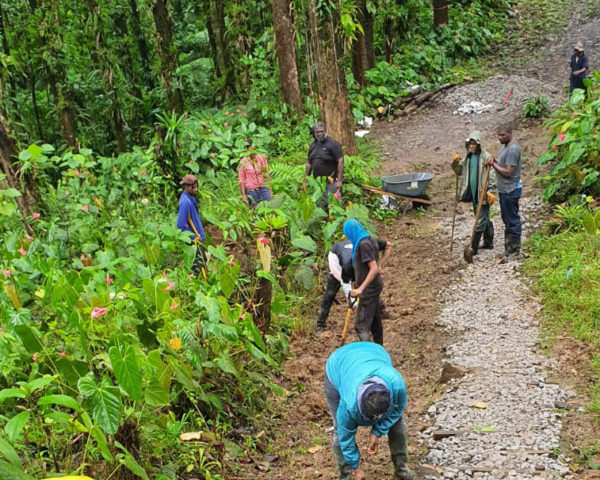
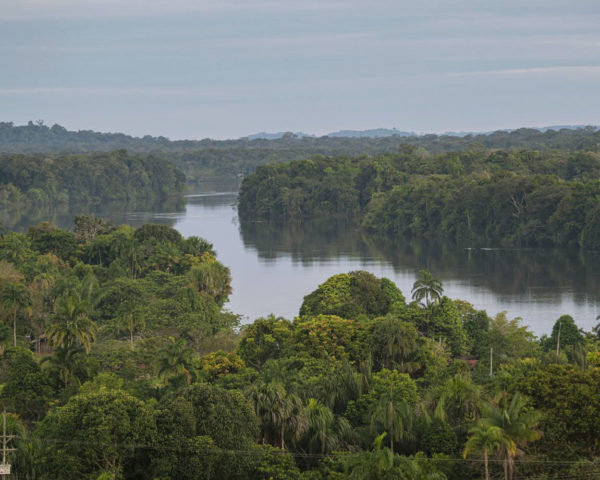
Asociación de Autoridades Tradicionales Indígenas Aledañas a Mitú (AATIAM)
Country: Colombia
Type: Association of Indigenous traditional authorities – local
In 2020, AATIAM declared Pami Miadava Joboro its territory of life and shared the documentation with the ICCA Registry in 2021. Located in northeastern Colombia within the Gran Resguardo del Vaupés, this territory includes four Indigenous communities, primarily the Cubeo People, along with other Eastern Tukano groups and mestizo families.
The community is focused on strengthening self-governance, preserving cultural heritage, and revitalizing traditional knowledge for sustainable land stewardship. Key initiatives involve reviewing territorial boundaries, conducting biocultural monitoring, and fostering intergenerational knowledge exchange, particularly in lagoon systems and sustainable fishing. These efforts are crucial for ensuring cultural continuity and ecological sustainability for future generations.
Recommended by CEMI and Red TICCA Colombia
Asociación de Autoridades Tradicionales Indígenas de la Zona de Yapú (ASATRIZY)
Country: Colombia
Type: Association of Indigenous traditional authorities – local
Founded in 2005, ASATRIZY represents eight Indigenous communities in eastern Vaupés, Colombia, within the sacred territory of Wiiotory Yepaa, meaning “territory granted by the Creator.” Rooted in the traditions of the Eastern Tukano Peoples, ASATRIZY focuses on strengthening cultural identity, governance, and sustainable land management. Guided by kumú (traditional knowledge holders) and the ancestral calendar, the communities align their practices with cultural teachings. With support from the Union of Knowledge Holders of the Yuruparí, ASATRIZY has developed a Life Plan, Traditional Management Regime, and a culturally based educational model. The organization promotes Indigenous-led conservation through biocultural monitoring and knowledge exchange while fostering respectful collaborations with external partners.
Recommended by CEMI and Red TICCA Colombia
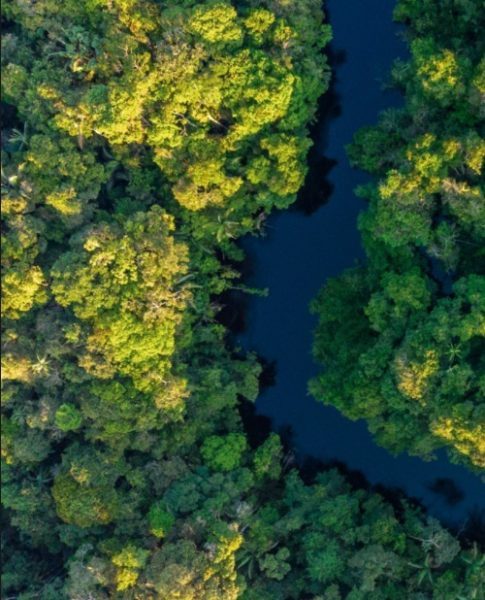
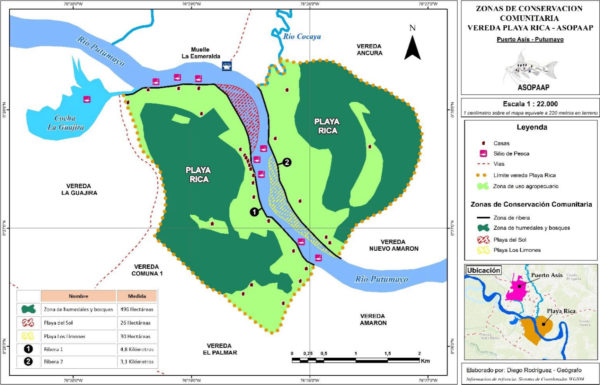
Asociación de pescadores artesanales y productores agropecuarios de la vereda Playa Rica (ASOPAAP)
Country: Colombia
Type: Community-based association – local
ASOPAAP represents campesino and artisanal fishing communities in Puerto Asís, located in southern Colombia’s Amazon region. The community, with over three generations of history along the Putumayo River, manages Playa Rica, a 1,098-hectare territory. Since 2015, ASOPAAP has focused on strengthening governance, developing a Life Plan, and promoting sustainable resource use through internal agreements and regulations. Their work combines traditional farming, artisanal fishing, and nature-based tourism, including birdwatching and primate observation. With guidance from elders and support from Colombia’s national fisheries authority, ASOPAAP promotes conservation-focused fishing practices, preserving cultural heritage and protecting local biodiversity.
Recommended by CEMI and Red TICCA Colombia
Consejo Comunitario del Río Guajuí
Country: Colombia
Type: Colombian community-based organization – local
The Río Guajuí territory of life in southwestern Colombia is home to Afro-Colombian communities who have collectively governed their 34,735-hectare coastal territory—including mangrove forests and Gorgona Island—through traditional knowledge and community-based rules. Managed by a grassroots community council, these communities use collective decision-making to conserve biodiversity, sustain livelihoods, and protect cultural traditions. The council has created internal norms, management plans, and territorial agreements, and works with Indigenous, Afro-descendant, and campesino groups to promote the recognition of collectively conserved territories.
Recommended by CEMI and Red TICCA Colombia
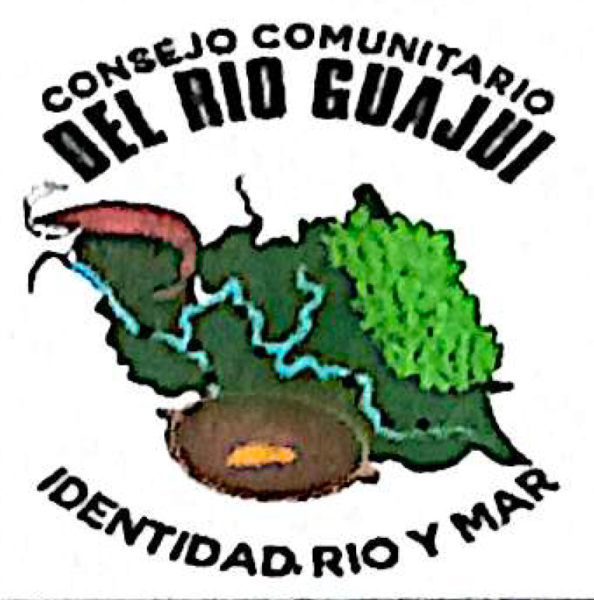
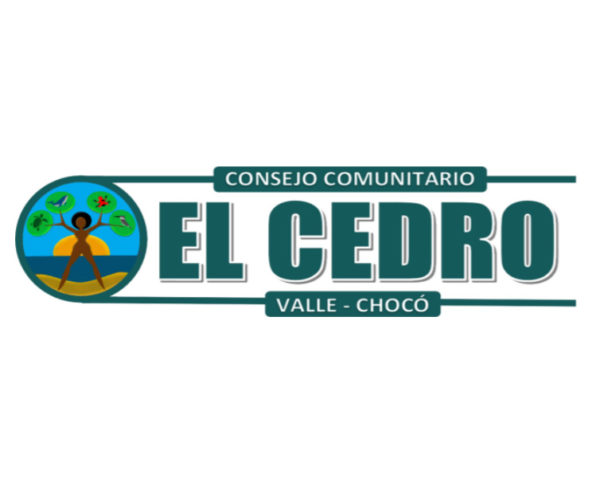
Consejo Comunitario El Cedro
Country: Colombia
Type: Community-based association – local
The organization is committed to conserving and sustainably managing its ancestral territory through strong community-led governance. It plays a crucial role in protecting the flora and fauna sanctuary. This vital area includes a marine-coastal exclusive zone for artisanal fishing, recognized by local, national, and international stakeholders. Within this territory, the community engages in ecological restoration, promotes sustainable fishing practices, and strengthens traditional knowledge systems essential for maintaining both ecological balance and cultural continuity. Its governance model emphasizes broad community participation, ensuring that decisions on natural resource management align with local livelihoods and support long-term collective well-being.
Recommended by CEMI and Red TICCA Colombia
Resguardo Indígena El Itilla
Country: Colombia
Type: Indigenous community-based organization – local
Located in the northwestern Colombian Amazon along the Itilla River, this 8,700-hectare Indigenous reservation, Kumua Baserã territory of life, is home to Eastern Tukano communities. Designated as a protected area in 2002, the reservation has focused on strengthening governance and cultural identity. In 2020, the community began self-recognition as an ICCA, with initiatives such as a Traditional Territorial Management Plan, biocultural monitoring, and georeferencing sacred sites. They also requested an expansion of the reservation by 105,000 hectares to protect ecologically vital areas and Indigenous Peoples in voluntary isolation, which, if granted, would be a unique case of the extension of an Indigenous reservation over a National Park in the country. Through these efforts, the community continues to uphold its role as a guardian of this culturally and ecologically significant land.
Recommended by CEMI and Red TICCA Colombia
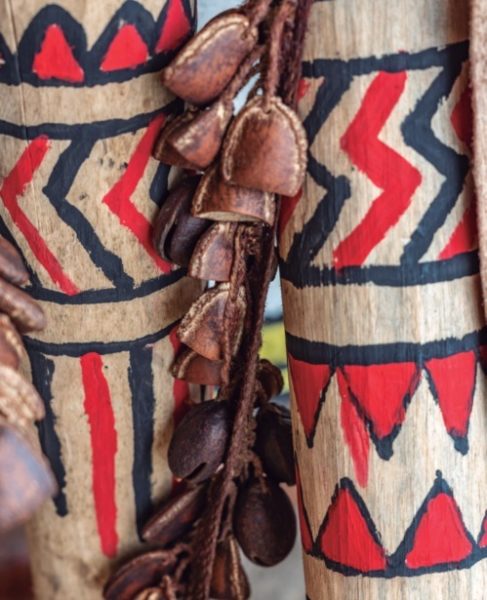
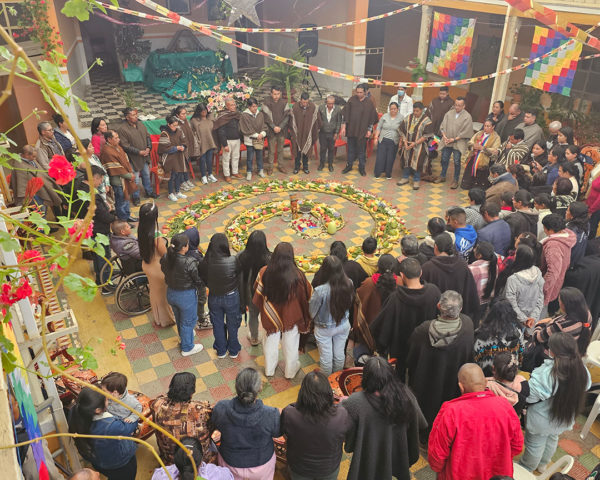
Resguardo Indígena del Gran Tescual
Country: Colombia
Type: Indigenous community-based organization – local
Located in southern Colombia’s Nariño department, the Indigenous reservation covers 36,175 hectares, with 10,175 hectares officially recognized and 26,000 hectares under ancestral claim, with expansion plans. Guided by the “Runakaypacha” Life Plan, it focuses on strengthening Indigenous governance, protecting the territory, and preserving traditional knowledge. Community-led initiatives have developed strategies to address territoriality, culture, education, sustainability, and governance, ensuring the conservation of the land and its cultural heritage for future generations.
Recommended by CEMI and Red TICCA Colombia
Cabildo Indígena de la Comunidad Indígena Musuiuiai
Country: Colombia
Type: Indigenous community-based organization – local
Located in southern Colombia’s Amazon foothills, the Inga People are known for their deep spiritual traditions and extensive knowledge of medicinal plants. Central to their culture is Amukunapa Wasi, the invisible world of spirits, with monthly yagé ceremonies practiced by all community members to maintain spiritual balance within the Nukanchipa Alpamama territory of life.
Women play a vital role in preserving traditions, including plant gathering, agriculture, language, and clothing. The community lives by values such as Ama killai (don’t be lazy), Ama sisaii (don’t take what’s not yours), and Suma kausaii (live well), which guide daily life and governance. To protect their land and culture, the Inga have established an Indigenous Guard—men and women who monitor biodiversity, defend the territory, and promote sustainable practices, ensuring the preservation of their cultural and ecological heritage for future generations.
Recommended by CEMI and Red TICCA Colombia
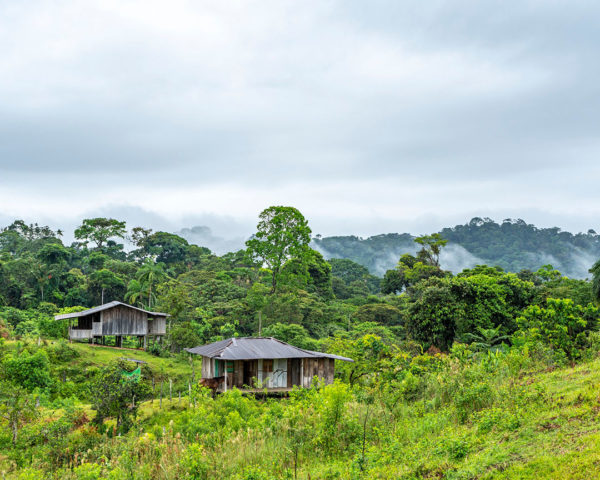
Photo: Cabildo Indígena de la Comunidad Indígena Musuiuiai
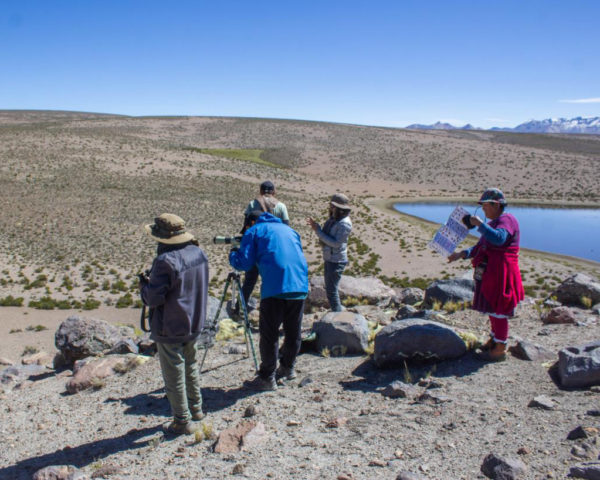
Fundación Aka Pacha
Country: Chile
Type: Non-governmental organization – local
Since 2018, the foundation has partnered with the Aymara Indigenous People in the high Andean region of Parinacota Province, Chile, to address socio-environmental conservation challenges. By providing resources and tools, the foundation supports local communities in implementing sustainable conservation practices. Its primary focus is on establishing autonomous Indigenous conservation areas, independent of state-designated regions, using community-based conservation for land management. The foundation’s mission is to preserve the region’s ecosystems through key initiatives such as creating Indigenous protected areas, conservation efforts for endangered species, and environmental research and education programs.
Recommended by Observatorio Ciudadano
Consejo Nacional del Pueblo Chango
Country: Chile
Type: Indigenous community-based organization – local
This traditional organization unites over 60 family clans and communities of the Chango People, who have inhabited the coastal ecoregions of northern and central Chile for centuries. Officially recognized by the Chilean state in 2020 as a People preexisting the State, the Chango maintain a strong internal governance framework ensuring collective decision-making, especially in protecting and sustainably managing their ancestral marine territories. Their conservation efforts focus on safeguarding coastal habitats, ecosystems, and marine biodiversity.
A key initiative is their community-managed marine parcelas (plots or parcels) system in the O’Higgins region, practiced for over 40 years. This system relies on intergenerational ecological knowledge, employing techniques like selective harvesting of native seaweeds such as cochayuyo and enforcing a voluntary annual closed season, highlighting their commitment to ecological balance, cultural heritage, and intergenerational solidarity.
Recommended by Asociación Indígena Mapu Lahual de Butahuillimapu and Comunidad Indígena Mapuche Williche Pu Wapi de Melinka
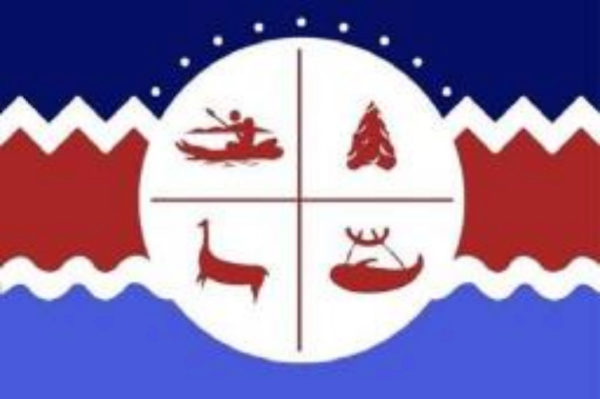
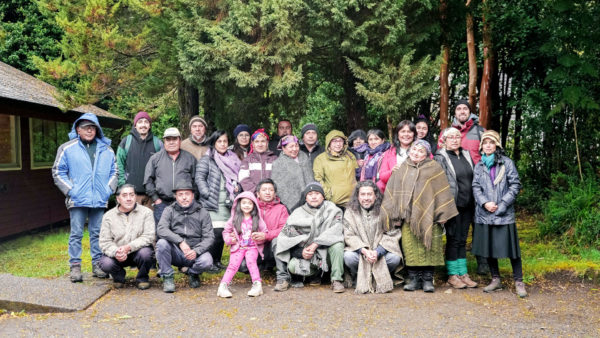
Red TICCA Chile
Country: Chile
Type: Network of organizations of Indigenous Peoples and Local Communities – national
Since its inception, ICCA Consortium members in Chile have worked collaboratively to support territories of life. As more territories joined the movement, the need to formalize this collective effort grew. In October 2023, this vision came to life during a gathering in Puyehue, southern Chile, where participants decided to establish a national network. The aim is to boost participation and representation in regional and global platforms while empowering Indigenous Peoples and Local Communities to make decisions that affect their lives. Today, six Consortium members are actively involved in this emerging network, helping to build a stronger, unified voice for action across Chile.
Recommended by Observatorio Ciudadano
Red TICCA Argentina
Country: Argentina
Type: Network of organizations of Indigenous Peoples and Local Communities – national
The ICCA Network Argentina is an autonomous political organization that unites Indigenous Peoples, communities, and organizations from across eight provinces. Formed to advocate for Indigenous rights and protect ICCAs, it serves as a collective force for self-determination. Each Indigenous nation in the network upholds its cultural traditions and languages, making decisions through territorial assemblies based on its values. While maintaining their autonomy, the nations build strong ties with neighboring communities. Together, they defend their ancestral lands, waters, and ecosystems, which sustain rich biodiversity and preserve centuries of cultural knowledge.
Recommended by Observatorio Ciudadano
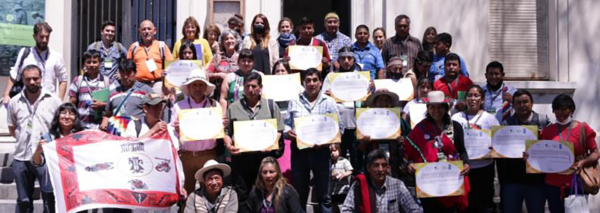
EUROPE
Schola Campesina APS
Country: Italy
Type: Non-profit association – local, national, regional, and international
Founded in 2018, Schola Campesina is based in Italy’s Biodistretto della Via Amerina e delle Forre, a region where communities collaborate to manage natural resources sustainably. It promotes organic production and consumption, focusing on revitalizing local landscapes. As an agroecological learning hub, Schola Campesina connects small-scale food producers, Indigenous Peoples, and communities across Europe, Central and Western Asia, and beyond. Its mission is to facilitate knowledge exchange, strengthen grassroots participation in global policy, and advocate for ICCAs by blending traditional ecological knowledge with scientific methods. Locally, it supports community-based governance and empowers farmers to lead conservation efforts. Internationally, Schola Campesina actively contributes to regional and global networks, amplifying the voices of smallholder farmers and Indigenous organizations.
Recommended by CENESTA
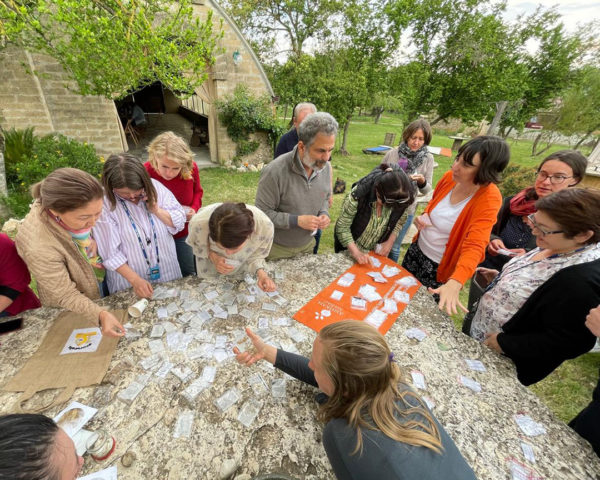
AFRICA
Sekakoh Organization
Country: Cameroon
Type: Non-profit association – local, national, and regional and regional
Founded in 2015, Sekakoh focuses on biodiversity conservation and sustainable resource management through community participation, research, and training. Operating in key biodiversity areas across the North-West, Littoral, Center, and North regions, the organization works in the Ebo Forest, Mpem and Djim National Park, and Bénoué National Park. Sekakoh empowers Indigenous Peoples and Local Communities to manage their lands through land-use planning, ecological monitoring, and sustainable livelihood initiatives. Its activities include anti-poaching, reforestation, environmental education, agroforestry, and income-generating projects like beekeeping and mushroom cultivation. Collaborating with national, regional, and international partners, Sekakoh strengthens community-led conservation efforts rooted in local knowledge and long-term ecological resilience.
Recommended by ICCA Consortium honorary member Samuel Nnah Ndobe
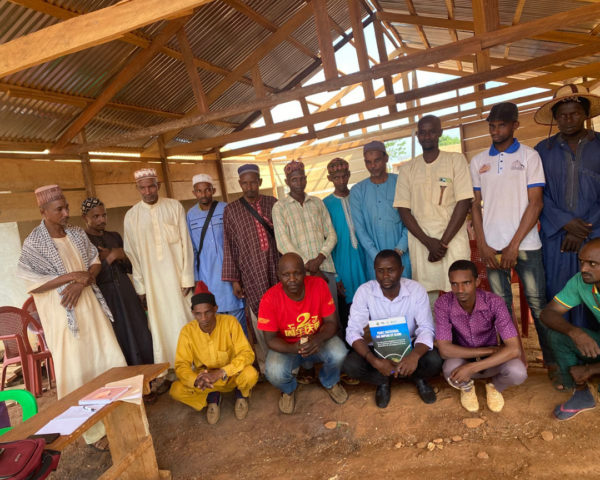
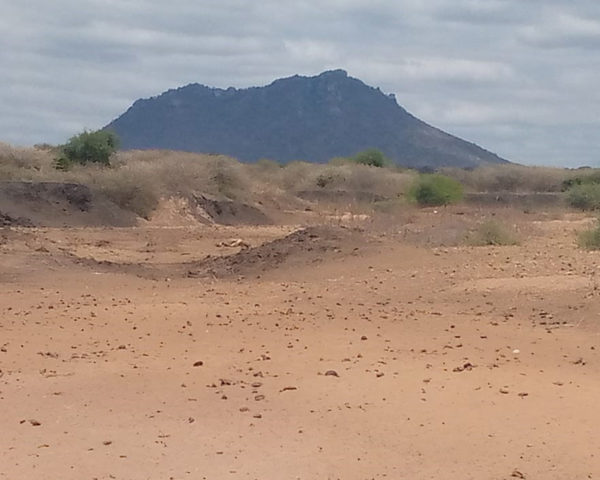
Naleppo
Country: Tanzania
Type: Non-governmental organization – local
Naleppo, founded with a vision of achieving sustainable livelihoods through active community participation, primarily operates in the Emboreet division of Simanjiro district, Tanzania, while also having a broader mandate across the Tanzanian mainland. The organization focuses on improving rural living standards, protecting natural resources, and preserving ecosystems, with a particular emphasis on Indigenous knowledge systems, especially those of pastoralist communities. Naleppo believes that these traditional practices are crucial for conservation and sustainable development. Its work includes safeguarding culturally significant sites, ritual trees, and natural landmarks through community mobilization, training, and awareness-raising. Key areas of focus include environmental conservation, sustainable resource management, traditional knowledge revitalization, education, gender equity, and youth empowerment. Despite operating without formal funding, Naleppo collaborates with local and international partners such as Gulu University and Terralingua Langscape Magazine to advance its initiatives.
Recommended by Ujamaa Community Resource Team
Nashulai Maasai Conservancy
Country: Kenya
Type: Community conservancy – local, national, and international
Founded in 2016, Nashulai is an Indigenous-led conservancy in the Maasai Mara ecosystem, covering 6,000 hectares and supporting wildlife corridors. The organization focuses on biodiversity conservation, preserving Maasai culture, and addressing poverty through community-driven efforts. By leasing land from Maasai families, Nashulai keeps it under community control to prevent external development. Key activities include community-based conservation, sustainable tourism, land restoration, and economic empowerment, with a strong emphasis on preserving cultural heritage and traditional knowledge. Nashulai has helped secure land rights, boost wildlife populations, implement sustainable grazing, and empower women and youth in the community.
Recommended by Ujamaa Community Resource Team
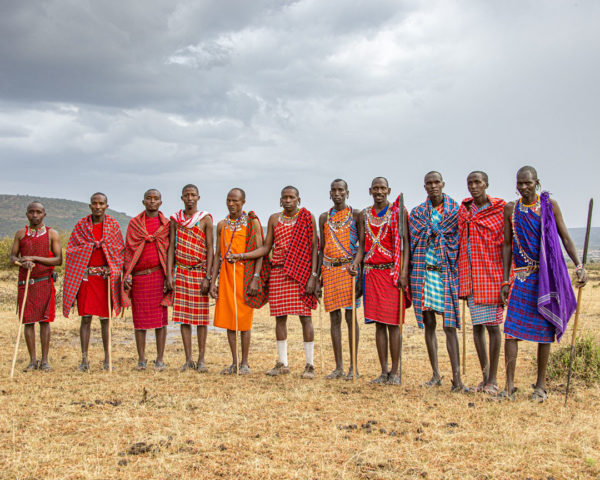
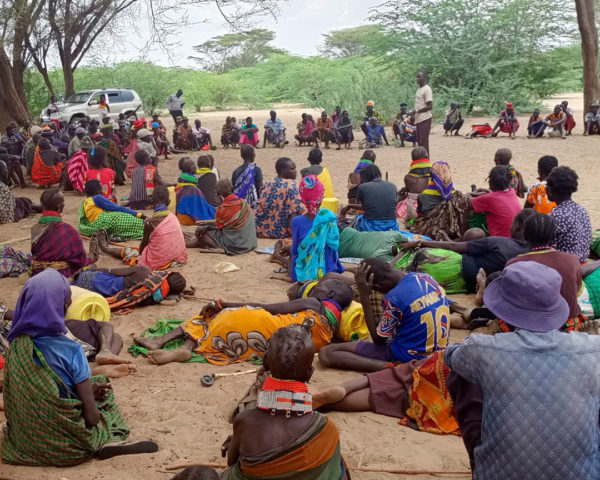
Turkana Indigenous People action for Development (TIPD)
Country: Kenya
Type: Indigenous Peoples’ organization – local
Founded in 2022 and officially registered in 2023, TIPD was established by community leaders in Turkana County, Kenya, to address challenges faced by Indigenous communities in Northern Kenya, particularly along the Kenya-Uganda border. The organization advocates for land rights, sustainable resource management, climate justice, cultural preservation, and peacebuilding in conflict zones. TIPD plays a key role in promoting pastoral land registration and community land governance, particularly in areas impacted by oil extraction. The organization also ensures Indigenous communities benefit from investments on their ancestral lands by advocating for the Local Content Bill.
Recommended by IMPACT Kenya and Ogiek Peoples’ Development Program (OPDP)
ASIA AND THE CAUCASUS
Arab Youth ICCA Network
Country: Jordan
Type: Youth group – local and national
This newly formed, volunteer-led youth group consists of Indigenous and tribal Peoples from Jordan, dedicated to supporting the recognition and self-identification of ICCAs across the Arab region. Initially focused on Jordan, the group plans to expand to West Asia and North Africa. Their work includes identifying and mapping ICCAs, raising awareness, and promoting self-recognition. The group collaborates with local communities to help Indigenous and tribal Peoples assert their custodianship and connect with national and international networks. With support from Dana Cooperative and Alnawatif Cooperative—both Members of the ICCA Consortium—they are building this Arab youth network to engage more young people in ICCA initiatives.
Recommended by Dana and Qadisiyah Local Community Cooperative
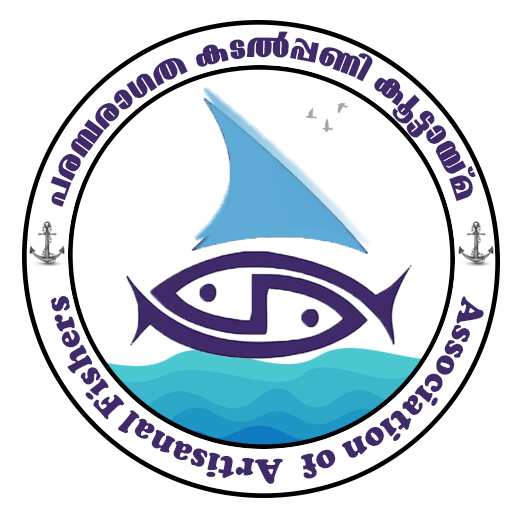
Photo: Association of Artisanal Fishers
Association of Artisanal Fishers
Country: India
Type: Small-scale artisanal and Indigenous marine fisher community – local
Rooted in the Mukkuvar community, an Indigenous and artisanal marine fishing group along India’s southwestern coast, this association represents about 500,000 people across 70 fishing villages in Kerala and Tamil Nadu. The Mukkuvar are among the region’s most marginalized groups. The association works to protect customary marine tenure, promote sustainable fishing practices, and support community-driven conservation and research. Key efforts include documenting Indigenous ecological knowledge, advocating for policy participation, and addressing threats like illegal fishing, coastal development, and climate change. The association also collaborates with scientific institutions to advance ocean sustainability and support the Sustainable Development Goals. It currently has 85 members, including 71 active fishers.
Recommended by ICCA Consortium’s Communications and Advocacy Coordinator, Md Kutub Uddin
Agtulawon Mintapod Higaunon Cumadon (AGMIHICU)
Country: Philippines
Type: Indigenous Peoples’ Organization – local
Founded in the early 1990s, AGMIHICU was established to represent the Higaunon People in securing their ancestral domain and promoting sustainable forest conservation. In partnership with civil society organizations, the group secured the Certificate of Ancestral Domain Title for the Higaunon People in 2008, securing 14,314 hectares. The Higaunon have a deep connection to their forests, which provide sacred sites, hunting grounds, and vital resources. To protect these areas, AGMIHICU mapped the boundaries of their domain, including the Patagonan daw Bahaw-bahaw forest, which was registered in the ICCA Registry in 2019. Despite ongoing challenges, the community remains committed to safeguarding its heritage and lands.
Recommended by NTFP-EP
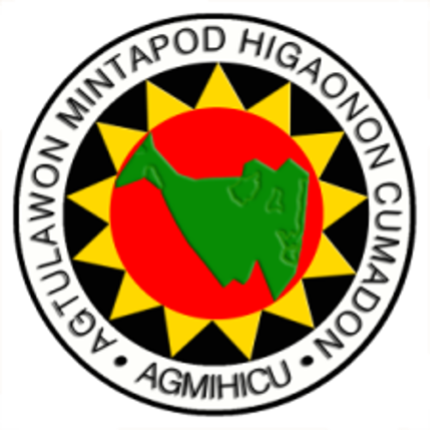
Photo: AGMIHICU
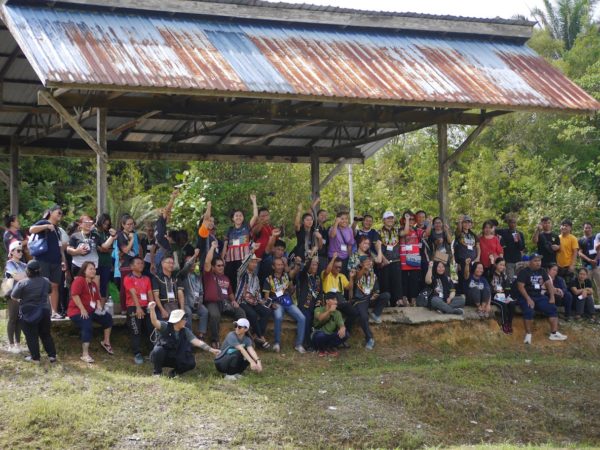
Jaringan Orang Asal SeMalaysia (JOAS)
Country: Malaysia
Type: Indigenous Peoples’ organizations network – local, national, regional, and international
Founded in 1998, JOAS serves as a network for Malaysia’s Indigenous communities, advocating for self-determination and sustainable development. The organization empowers Indigenous Peoples through capacity building, environmental conservation, and advocacy, focusing on community-led initiatives in ecosystems like mangroves, rainforests, and freshwater systems. JOAS supports ICCAs through land mapping, ecological restoration, and policy engagement. With over 20 years of experience, JOAS has been key to securing customary land rights, strengthening local governance, and amplifying Indigenous voices on national and international platforms.
Recommended by NTFP-EP
Keruan
Country: Malaysia
Type: Non-profit organization – local
Keruan is an organization composed of Indigenous Peoples from the Upper Baram area, working closely with Penan communities to ensure their goals align with local priorities. Focused on advocating for Indigenous rights and forest protection, Keruan supports land rights advocacy, land use mapping, and the establishment of native tree nurseries for forest restoration. By providing Global Positioning System training to map territorial domains, Keruan helps create community maps documenting culturally significant areas. The organization aims to preserve Penan culture, promote sustainable practices, and protect Indigenous territories from large-scale developments like oil palm plantations and logging in the Baram River Basin.
Recommended by SAVE Rivers
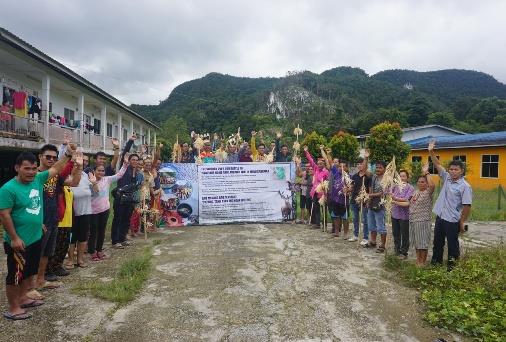
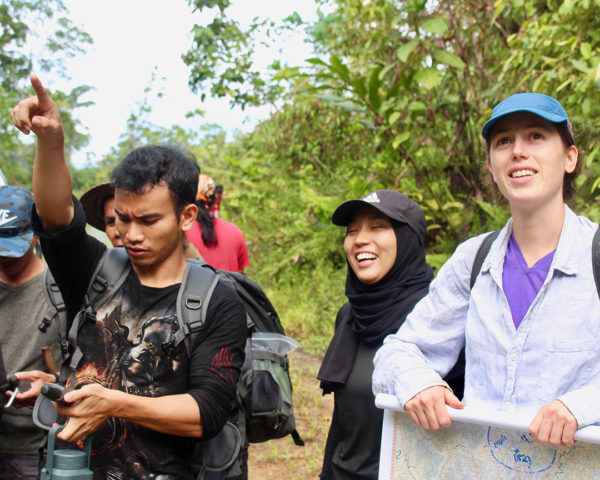
Photo: The Borneo Project
The Borneo Project
Country: United States of America and Malaysia
Type: Non-profit organization – local, national, and international
Established in 1991 and based in the United States, the Borneo Project has worked for over three decades in close partnership with Indigenous communities in Sarawak, Malaysian Borneo. Its efforts focus on protecting forests, defending land rights, and supporting community-led conservation. The organization collaborates directly with Indigenous-led groups, including ICCA Consortium members SAVE Rivers and Keruan, to map customary territories, strengthen local governance, and support legal recognition of Indigenous lands. Recent work includes assisting communities in Upper Baram to declare ICCAs and seek national recognition. The Borneo Project also engages in international advocacy around deforestation, carbon offset schemes, and greenwashing practices that undermine Indigenous rights. It has supported longhouse communities with legal aid, reforestation initiatives, and land monitoring, and played a key role in the successful resistance to the Baram Dam.
Recommended by SAVE Rivers
Kyun Ta Htaung Myae Foundation (KTHM)
Country: Myanmar
Type: Non-profit organization – national and regional
Established in 2010, KTHM is committed to promoting peace, justice, and the rights of Indigenous Peoples and Local Communities in Myanmar, particularly in Shan State. KTHM has played a pivotal role in providing legal aid to smallholder farmers, advocating for equitable land use policies, and promoting the recognition of customary tenure systems. Their work extends to paralegal support, community empowerment, and the documentation of traditional knowledge. Through partnerships with networks such as Save the Salween and collaboration on initiatives like the Salween Peace Park, KTHM underscores the importance of Indigenous-led conservation and land rights. Their members include Indigenous leaders from Southern Shan State, and their ongoing efforts, including the proposed Pan-Salween Conservation Area, reflect a deep-rooted commitment to territories of life.
Recommended by ICCA Consortium’s honorary member Aye Myat Thanda
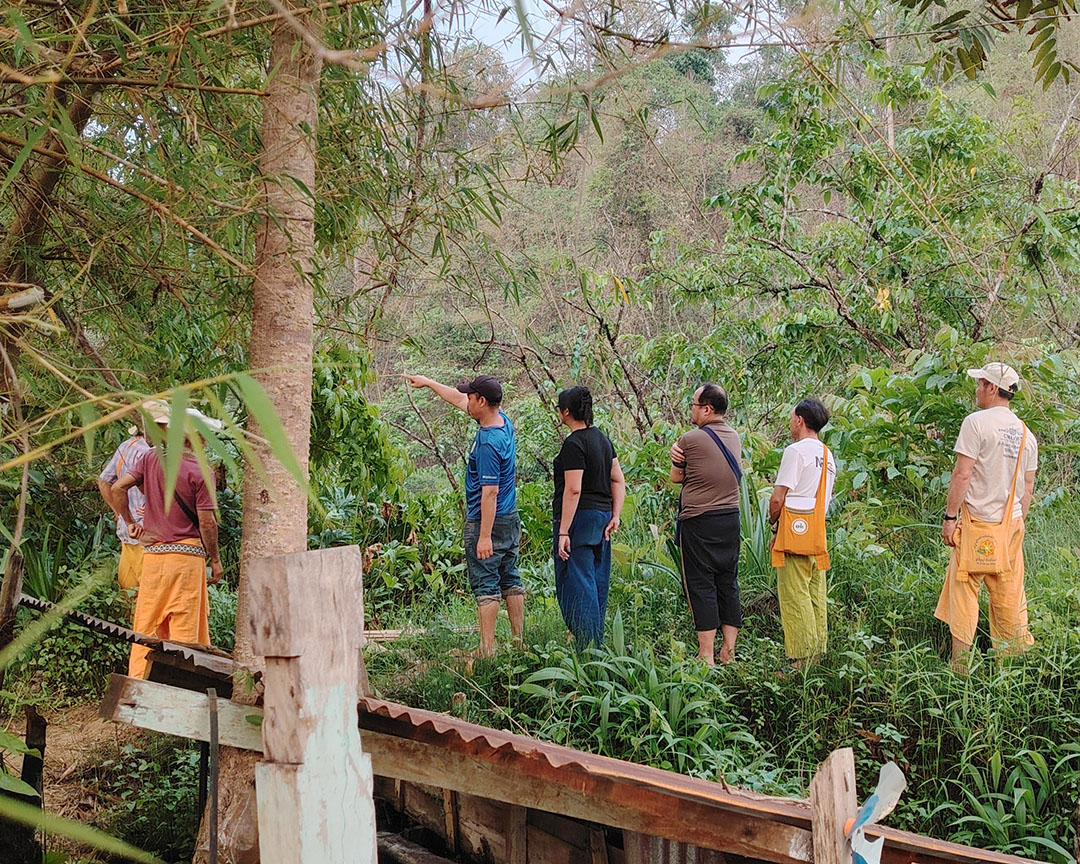
Emma Villaseñor
Region of work: Mesoamerica (México)
Emma is a biologist and researcher at the Institute of Ecology in Xalapa, Mexico, specializing in collaborative research to address socioenvironmental challenges. She brings together diverse groups to explore nature and its changes, developing shared management strategies. With a particular interest in social network analysis, Emma uses this tool to facilitate collaboration and sustain collective efforts. Her current initiatives focus on water governance, managing urban and suburban green spaces, community-based fire management, and strengthening governance within ICCAs.
Recommended by ICCA Consortium’s honorary member, Albert Chan Dzul
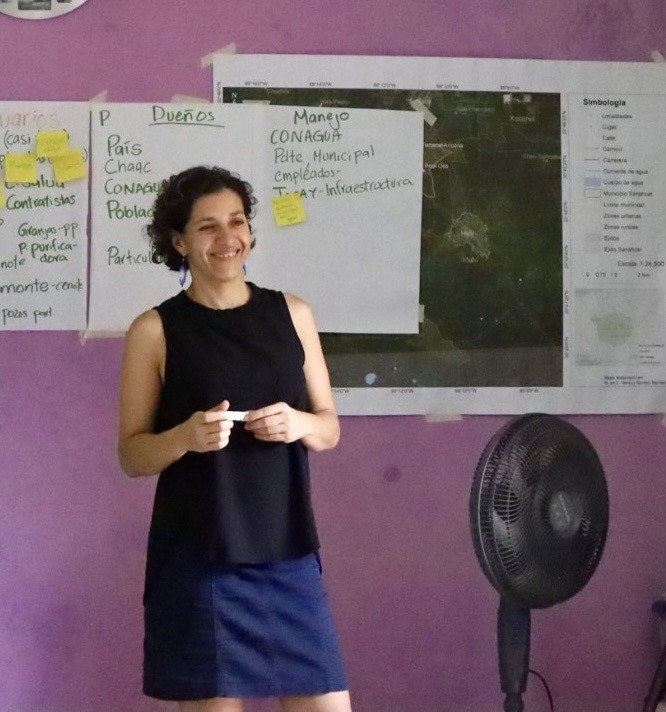
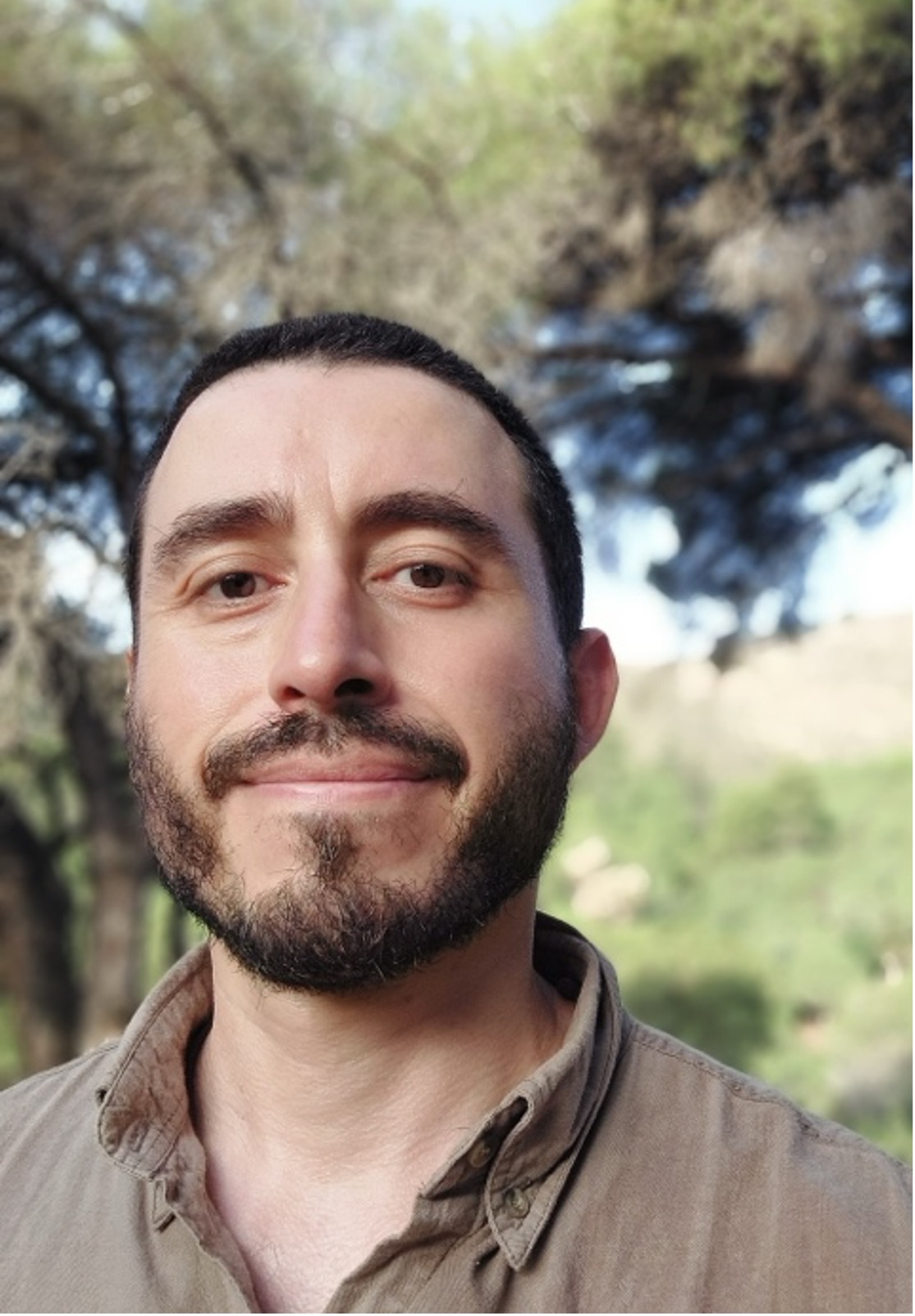
Francisco Godoy-Sepúlveda
Region of work: Europe (Spain)
Originally from Chile, Francisco views ICCAs as a promising approach to preserving biocultural heritage. His involvement began in 2018 with his doctoral thesis on pastoral commons in Andalusia, Spain, which he will defend in 2025. Since 2019, he has been actively engaged in analyzing the International Register Protocol for ICCAs in Spain and coordinating efforts within Iniciativa Comunales, a Member of the ICCA Consortium. This experience has deepened his understanding of commons in Spain, and he is committed to supporting and strengthening them.
Recommended by ICCA Consortium’s honorary member Pablo Domínguez
Manuel May Castillo
Region of work: Mesoamerica (México)
Manuel is an Indigenous Maya researcher from Yucatán, Mexico, and serves as the Program Manager and Outreach Specialist for Latin America at the Smithsonian National Museum of the American Indian (NMAI). Since 2016, he has been an advocate for territories of life in Mesoamerica, playing a key role in mapping ICCAs in Campeche, Mexico. He has worked closely with U’ Yíich Lúum to translate ICCAs for Maya communities, helping them adopt the concept and expand their membership. Additionally, Dr. May has contributed as an interpreter for the Global and Mesoamerica Consortium, both voluntarily and professionally.
Recommended by Albert Chan Dzul, Honorary member
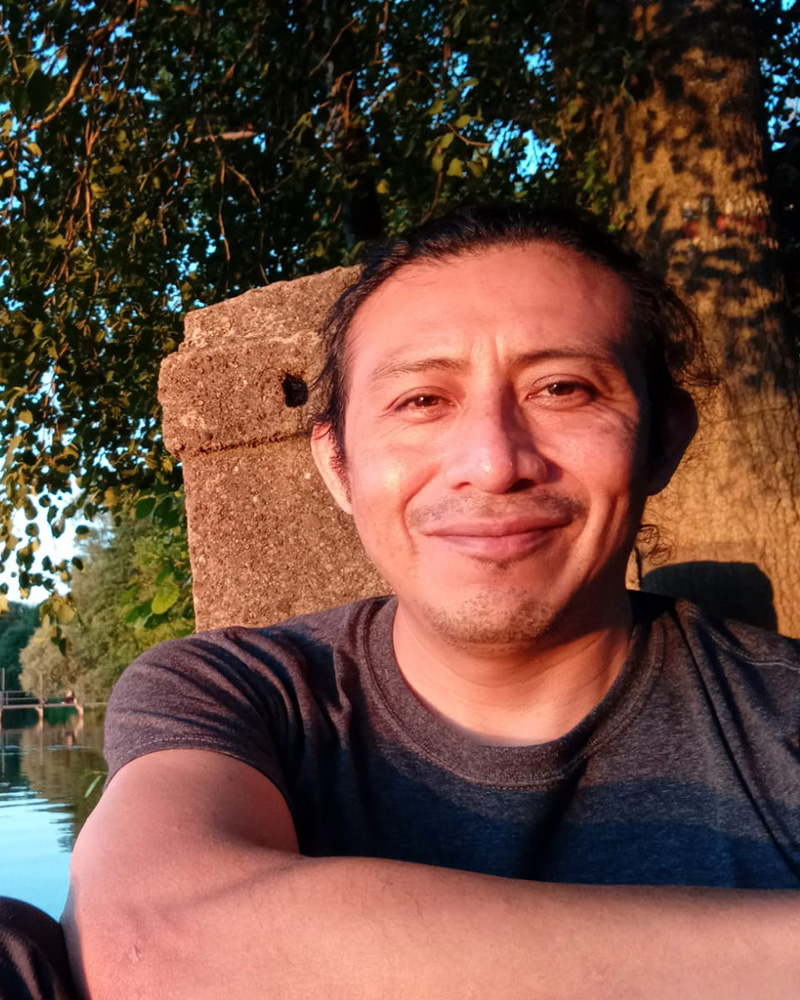
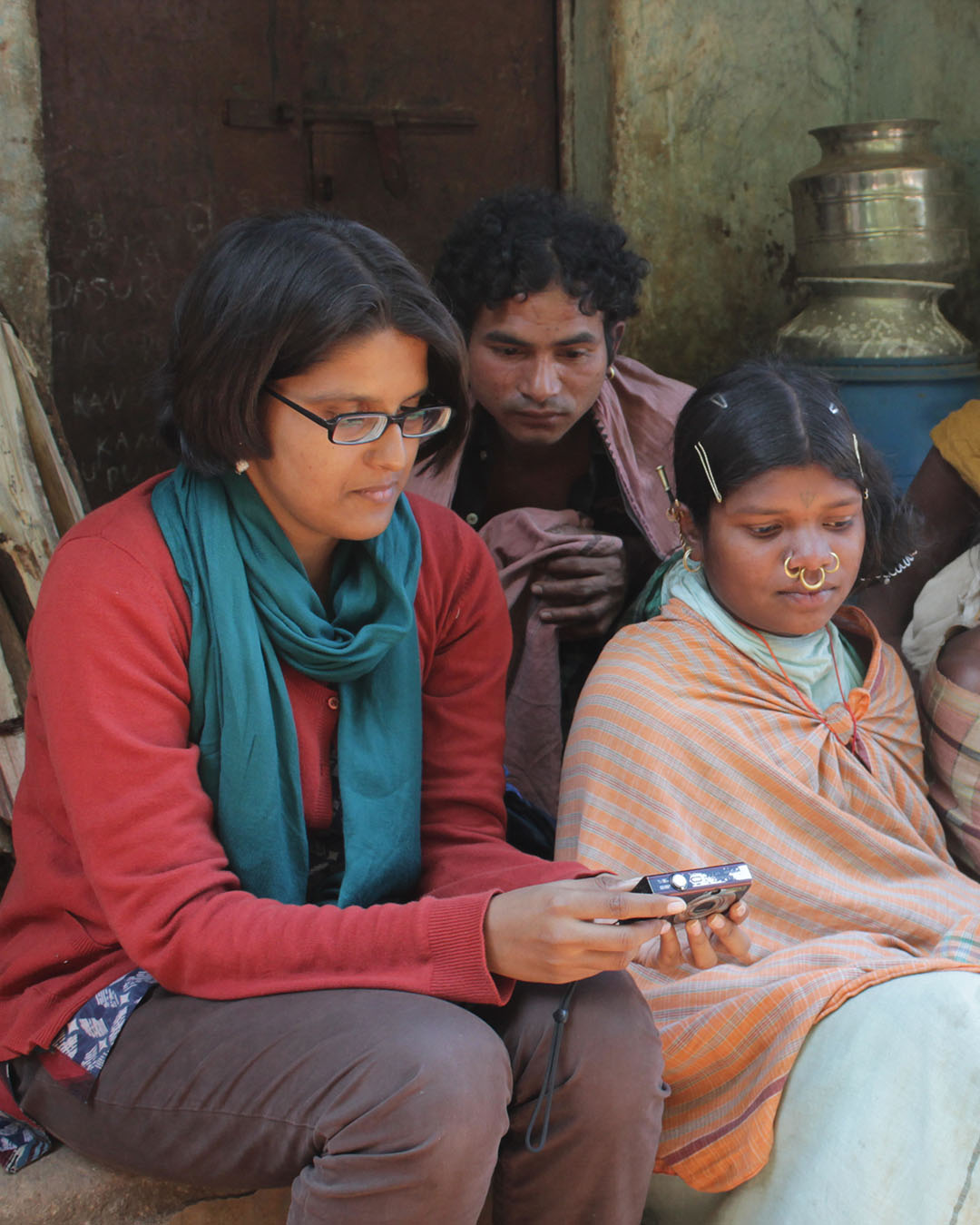
Meenal Tatpati
Region of work: South Asia (India)
Meenal is a researcher and lawyer with extensive experience advocating for the rights of Indigenous Peoples and Local Communities. She has contributed significantly through her work with Kalpavriksh (ICCA Consortium member) and as an independent consultant. Meenal has provided legal support on issues such as forest diversion and the expansion of protected areas, including in Kumbhalgarh Wildlife Sanctuary and Corbett National Park, India. Her collaborative research with the Dongria Kondh community and Raika pastoralist women has been instrumental in the Pastoralists Territories of Life Initiative. Additionally, Meenal is actively involved with Women4Biodiversity, where she advocates for gender equality and human rights in decision-making related to the Convention on Biological Diversity.
Recommended by ICCA Consortium’s honorary members, Mrinalini Rai and Shruti Ajit
Sol Fernández
Region of work: Latin America
Sol is a Program Officer at the UN Environment Programme’s World Conservation Monitoring Centre (UNEP-WCMC), where she supports the ICCA Registry and collaborates with partners across Latin America. Originally from Peru, she holds a degree in biology and a master’s in Biodiversity, Conservation, and Management from the University of Oxford, focusing on inland fisheries governance and social justice. Sol has worked on conservation projects in the Peruvian Amazon, addressing threats like illegal mining to Indigenous territories, and her work with Indigenous Peoples in Manu National Park has reinforced her commitment to supporting their rights. Passionate about amplifying community voices, Sol is dedicated to advancing equitable conservation initiatives.
Recommended by ICCA Consortium’s honorary member Jasmin Upton
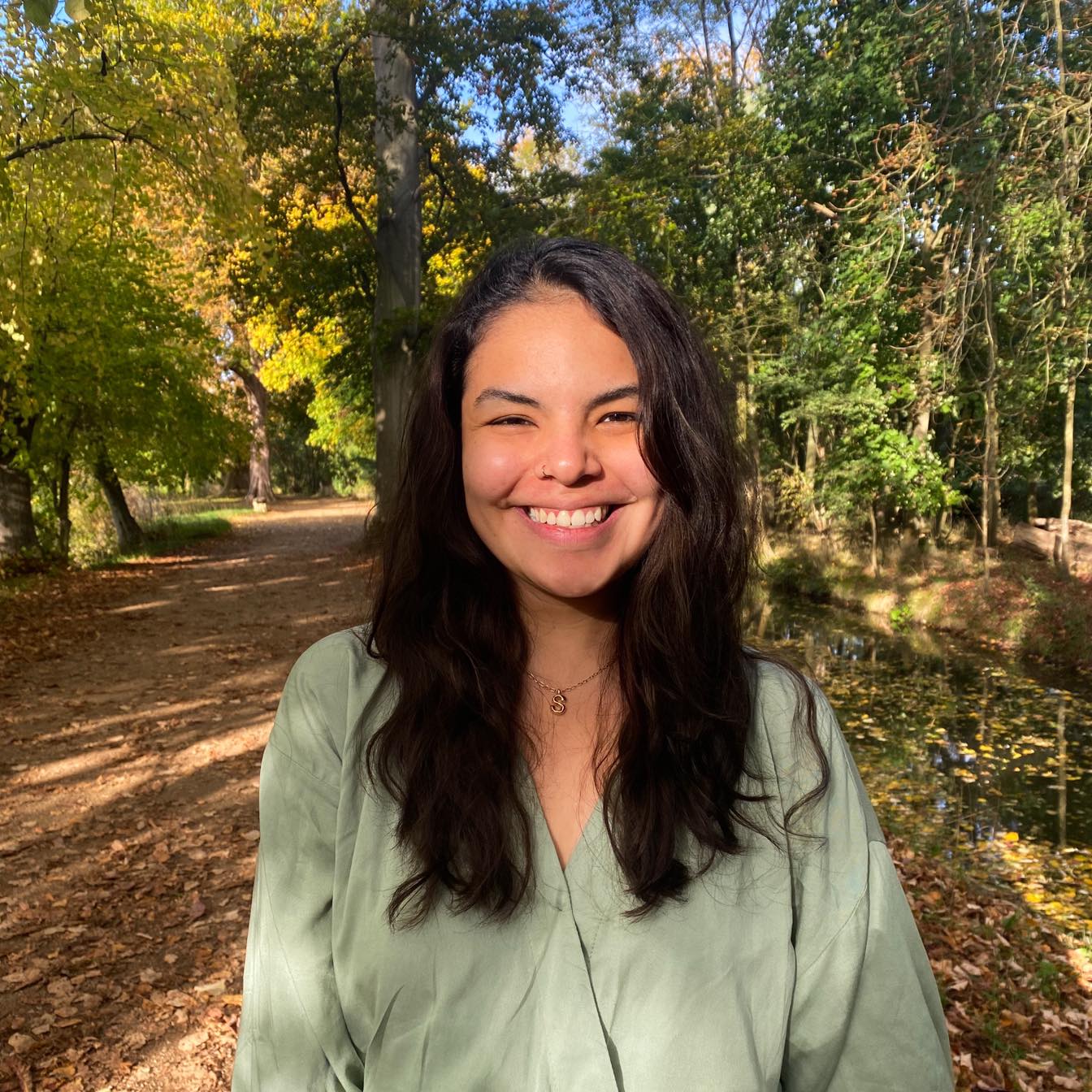
Updates & Resources
- Recap of the 4th European Regional Assembly of ICCA Consortium
- Indigenous Peoples and Local Communities at CBD SB8j-1
- Territories of life: Proposals for the care and protection of environmental human rights defenders
- Global alliance urges Dutch government to reconsider endorsement of controversial timber certification scheme
- ICCAs—territories of life, and Indigenous and Traditional Territories (ITTs)
- SBSTTA-27: Key asks of the Human Rights and Biodiversity Working Group
- Statement for CBD SB8j‑1: Territories of life at the heart of the Convention on Biological Diversity
- CBD COP16 and Resumed Session: context and reflections from participants
- Enabling Pathways for Rights-based Community-led Conservation
- Statement of Solidarity with the Ayta Abellen of Maporac and the Ayta Magbukon of Kanawan, the Philippines
